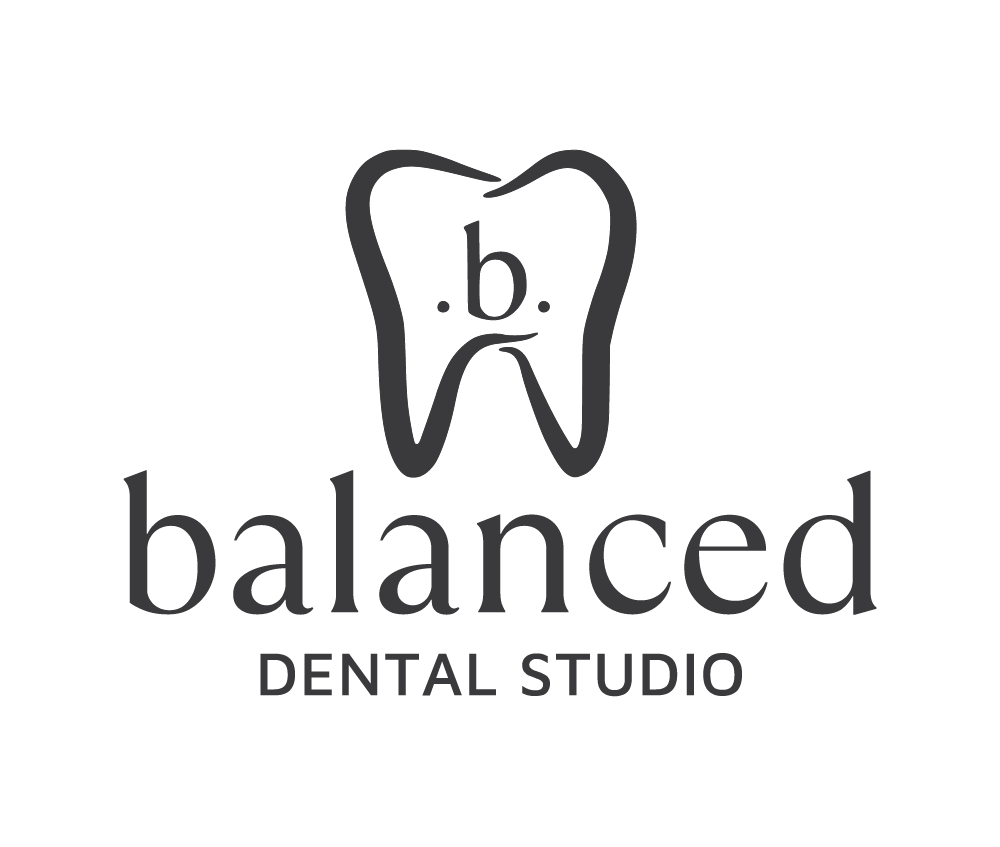People often point out mouth breathing, which makes one wonder: Is breathing out of your mouth bad for your health? Breathing through the mouth instead of a nose can have several impacts on one’s well-being. When we breathe through our nose, it plays an essential role in filtering, humidifying, and warming the air before it enters the lungs, which mouth breathing doesn’t.
This can lead to dry mouth, increasing the risk of degradation of dental health. Mouth breathing makes your mouth more acidic, which the Strep Mutans that causes cavities goes crazy for! In this blog, we will discuss proper breathing and its importance, breathing disorders, and how you can improve breathing and your dental health.
Understanding Proper Breathing
Proper breathing is a foundational aspect of good health, often overlooked in its potential to enhance physical and mental well-being. It begins in the nose, a natural filter and humidifier for the air we breathe, ensuring that it is warmed and cleaned before reaching the lungs.
This technique involves drawing air deep into the lungs in a way that the abdomen expands, promoting a fuller, more efficient exchange of oxygen and carbon dioxide. Unlike shallow chest breathing, which can increase tension and stress, proper diaphragmatic breathing encourages a calm, relaxed state, aiding in stress reduction and improving concentration.
The significance of mastering this breathing technique extends beyond immediate relaxation, impacting long-term health by supporting proper oxygenation of the body’s tissues and organs. This optimizes energy levels, enhances stamina, and can even help regulate the body’s response to stress.
Practicing proper breathing can significantly improve respiratory and cardiovascular functions, contributing to better exercise performance and endurance. By focusing on deep, intentional breaths through the nose, individuals can unlock these health benefits, making proper breathing not just a tool for momentary relief but a lifelong asset for enhancing overall health and vitality!
The Impact of Mouth Breathing on Oral Health
The relationship between breathing patterns and oral health is both profound and multifaceted, particularly concerning the impact of mouth breathing on saliva production, gum health, and tooth decay. Habitual mouth breathing can significantly reduce saliva production, leading to dry mouth, a condition that increases the risk of oral health complications, including bad breath, tooth decay, and gum disease.
Mouth breathing is particularly harmful because it leads to dryness in the oral cavity. This dryness is not merely uncomfortable but sets the stage for serious dental issues. For instance, the American Dental Association highlights that a dry mouth environment is conducive to tooth decay, as it allows harmful bacteria to thrive in a more acidic environment, increasing the risk of cavities.
The effects of mouth breathing can extend to gum health. The constant air flow can dry out and inflame the gums, leading to redness, swelling, and an increased risk of gingivitis. Over time, these conditions can contribute to more severe periodontal diseases if not addressed.
In children, chronic mouth breathing can alter facial development, leading to what is commonly referred to as mouth breather jaw or adenoid face, a condition characterized by changes in the facial bones that result in a longer, narrower face and jaw. These alterations can significantly affect the alignment of teeth, leading to dental malocclusions—misalignments of the teeth and jaw—further complicating oral hygiene efforts and affecting overall well-being.
Addressing mouth breathing early and promoting nasal breathing can mitigate these risks, underscoring the importance of awareness and intervention in preserving oral health.
Breathing Disorders and Dental Health
There are certain conditions that often lead to mouth breathing, which can cause oral health issues. A few of them are discussed as follows:
- Sleep Apnea: Characterized by repeated breathing interruptions during sleep, this disorder forces individuals to breathe through their mouths to compensate for the lack of air. This deviation from normal nasal breathing can create an environment where harmful bacteria thrive, and the chances of gum disease and tooth decay could be increased.
- Snoring: Another common breathing disorder is snoring. This similarly encourages mouth breathing, worsening mouth breathing effects on teeth. The dryness associated with mouth breathing can lead to sore throat, bad breath, and increased dental problems. Given these connections, it’s clear that addressing breathing disorders is crucial for maintaining optimal oral health.
Lakewood, CO general dentistry services play a key role in identifying the oral manifestations of breathing disorders. Dental professionals can offer interventions to mitigate the adverse effects of mouth breathing on teeth, such as recommending mouthguards to improve airway openness during sleep or advising on nasal breathing exercises. The importance of tackling these disorders extends beyond improving sleep quality; it’s also about safeguarding oral health, preventing long-term dental complications, and promoting overall well-being.
Orthodontic Considerations in Lakewood, CO
Mouth breathing can lead to significant dental and skeletal abnormalities, including mouth-breather jaw and misaligned teeth, which hinder nasal breathing. Orthodontic treatments, such as braces and expanders, play an important role in correcting these issues.
Palatal expanders, for example, are instrumental in widening the upper jaw, thus increasing nasal cavity volume and enhancing airway space. This adjustment not only promotes easier nasal breathing but also contributes to the proper alignment of teeth and jaws, improving both function and aesthetics.
Using braces or clear aligners can further rectify teeth alignment and bite issues, effectively removing obstacles to airflow and facilitating the transition from mouth to nasal breathing. Addressing these orthodontic concerns can bring about a lasting shift in breathing patterns, moving away from mouth breathing effects on teeth towards healthier nasal breathing. This change is beneficial for oral and overall health, highlighting the importance of orthodontic intervention in managing mouth breathing.
Tips for Improving Breathing and Dental Health
- Engage in daily practices of deep, diaphragmatic breathing to encourage nasal breathing, which can improve oxygenation and overall health.
- Practice Myofunctional Therapy to promote proper lip and tongue strength and swallow patterns.
- Maintain a healthy weight to lower the possibility of airway blockages.
- Avoid allergens and irritants that can block nasal passages.
- Work to keep the tongue to the roof of the mouth!
- Adopt sleep positions that facilitate open airways, reducing the likelihood of mouth breathing at night.
- To stop tooth decay, brush your teeth with fluoride toothpaste at least twice a day.
- To get rid of plaque in places your toothbrush can’t reach, floss every day.
- Use an antiseptic mouthwash to get rid of the bacteria that cause gum disease and bad breath.
- Schedule regular dental check-ups for professional cleaning.
Schedule an Appointment at Balanced Dental Studio in Lakewood, CO
Understanding the critical role of proper breathing in dental health highlights the broader importance of holistic health practices. At Balanced Dental Studio, we understand this fully and specialize in general dentistry services that cater not only to your dental needs but also to your overall health. We prioritize both your breathing and oral health as key components of your holistic health strategy. Visit us at Balanced Dental Studio, where we’re committed to empowering you with the care and knowledge necessary for a vibrant smile and a healthier you.



